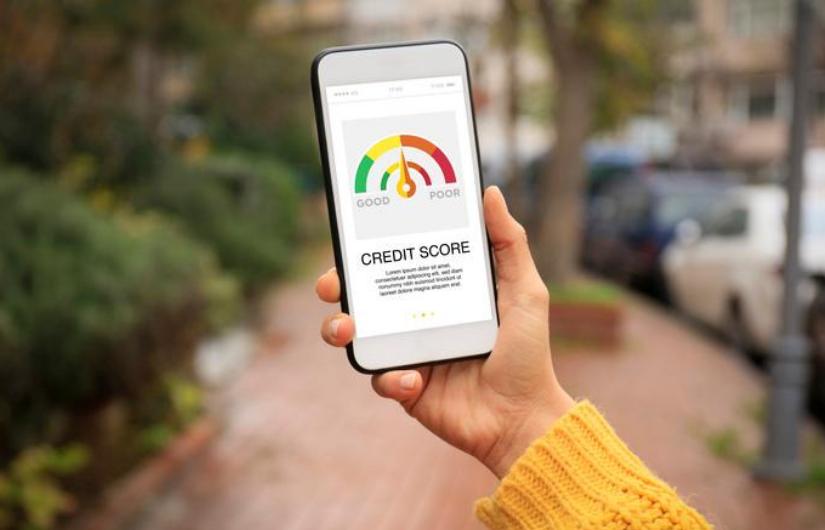Thinking about buying a house? As grandpa always said, owning your home is one of the best investments you can make for your financial future. You’ll stabilize your housing costs and, based on historic trends, gain an asset that will grow in value. But making it happen can be overwhelming.
To help you get ready for home ownership, you’ll want to save for a down payment and get your financial house in order, use this list to help you get started.
Fortify your emergency fund
One of the biggest reasons for consumer debt is unexpected life events. Getting ahead is hard if you’re living paycheck to paycheck, because occasional expenses like doctor bills and new tires can and will come up. Before you build your house fund, setting a smaller savings goal for emergencies can help you stay on track. Start with $2,000 or so and stick that into a separate savings account. That way, if something comes up, you’ll be covered. Once you own a home, you’ll want to focus on adding on to that.
Stick to a monthly spending plan
There’s no smarter money move than learning to live on less than what you make. Gaining this skill is key to setting and accomplishing any financial goal — including purchasing a home of your own. Before you turn to the gig economy to boost your monthly earnings, take stock in your lifestyle and spending habits. Download an app that helps you track your spending, so you can get an easy overview. Then, make some choices on where you can cut back. To start, see if you can shave 10% from your monthly spending. If that feels comfortable to you and your family, see if you can roll it back by another 5%. By doing this, your savings will start accelerating.
Find some practical tips in “How to create your first adult budget.”
Keep an eye on your credit score
Your credit score is important because it can influence the interest rate on your mortgage. A higher score can result in a lower interest rate, lowering your mortgage payments. After all, you will be making house payments for up to 30 years. If you can shave off a half point from your mortgage, savings can reach the tens of thousands of dollars — money you can put to good use.
As you focus on your financial housekeeping, improving your credit score should be top priority. These three things will move the needle on your credit score.
- Make on-time payments each month.
- Pay ahead on other loans. Lowering the balance on your credit cards will reduce your credit utilization rate, and add points to your score.
- Don’t apply for new loans. Say no to credit offers, and postpone the auto loan, if you can. Applying for any loan or line of credit will trigger a hard credit inquiry, which can shave points off your score.
Become credit savvy by reading Hard pull versus soft credit inquiry
Nail down your savings goal
It’s hard to save for a goal without a target. Most personal finance articles will tell you to save 10% or 20% for a down payment for a house. Sure, that’s optimal, but what does that mean?
First, the good news. Most of the time, you don’t have to walk in with a 20% down payment. Many lenders will work with you if you can bring 6% or sometimes even 3% to the table, especially if you have excellent credit and a good track record for maintaining full-time employment.
Now that you know you don’t necessarily need to raise $40,000 just to get a lender to talk about a $200,000 house, here’s what you need to do to figure out your savings goal.
Get real with your monthly payment
Start with an honest accounting of what you can spend each month. This amount should not strain your budget, or annihilate your ability to spend less than you make. With the help of this handy calculator from Minnwest, you can do just that.
Plan for the escrow
Let’s say your magic number for the monthly payment is $1,400 a month. Make sure you’re not overlooking other monthly expenses that come with home ownership. We’re not just talking about natural gas or garbage collection. To find your “number of truth,” you’ll need some idea of the escrow payment.
What is an escrow payment? For most homeowners, this is composed of local taxes and insurance costs. The bank collects that monthly payment and sets it aside into your escrow account. Then, when property taxes and home insurance are due, they’ll pay those bills on your behalf.
The tax rates of your desired community and the value of your property will have a big effect on your escrow, so it pays to do your homework now so you can shop for a house knowing what you can afford. Luckily, many real estate websites can help you get a ballpark. Websites for many Minnesota counties have a searchable database so you can dig in.
Once you collected some data, use the online calculator to run a few scenarios. By doing this, you'll get a solid idea on what to set aside for a down payment.
Work with a trusted lender
At Minnwest Bank, our lenders live in your community. When it's time to borrow money for your first house, our mortgage lenders will take time to help you understand your options, so you can make the best choice for your financial future. The home-buying process is complicated enough without having to worry about what to do at each step along the way. That’s why we’ve compiled the homebuyer guide as a resource to walk you through what to expect and help you get started.
Make an appointment with a lender today to learn more!


